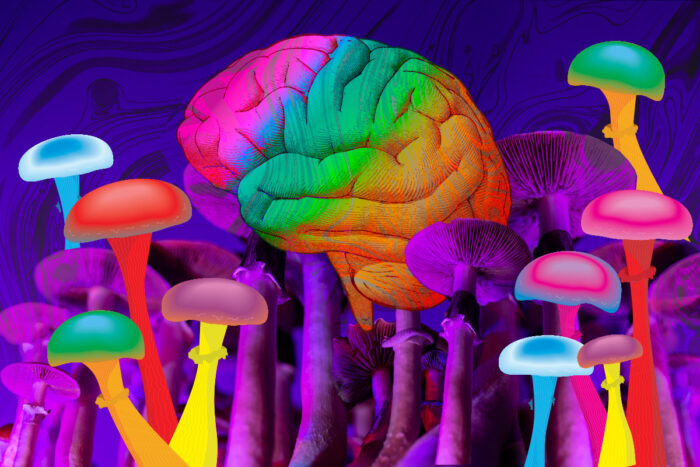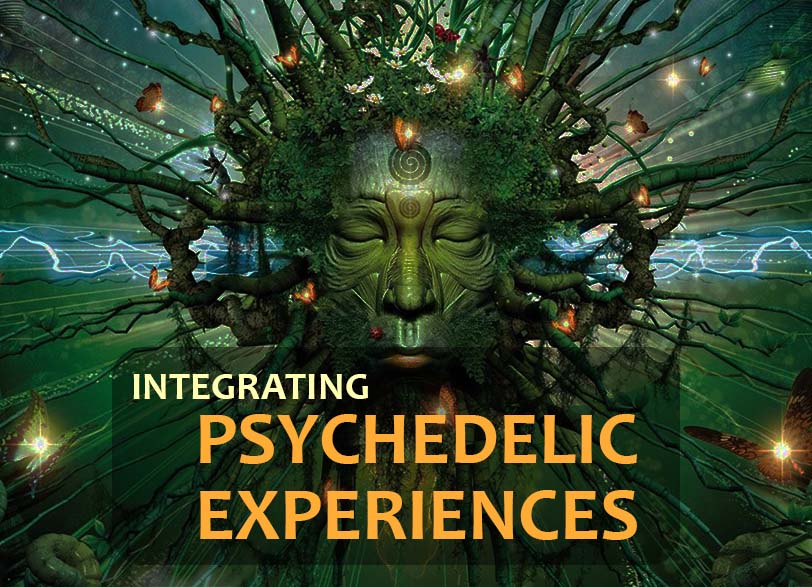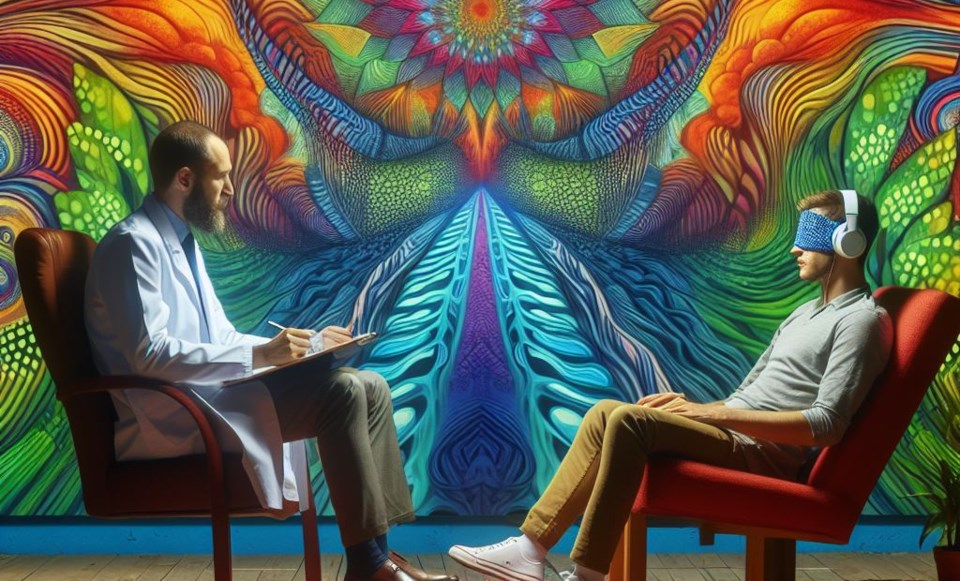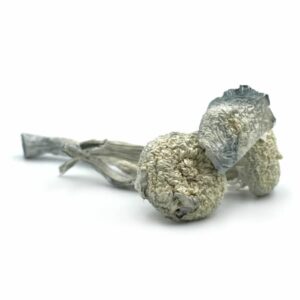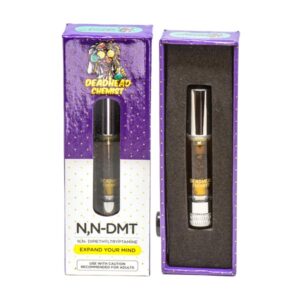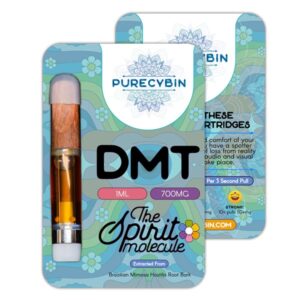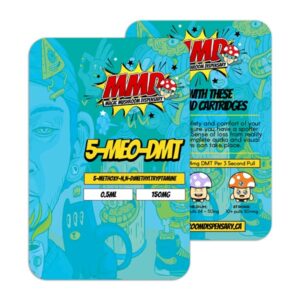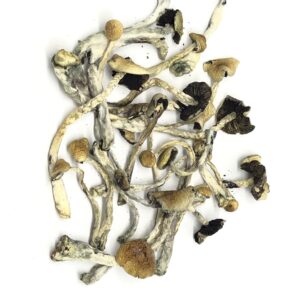
Unlocking the Mind: How Psychedelic Therapy is Revolutionizing Mental Health Treatment
October 22, 2024
Psychedelic Therapy: A New Frontier in Treating Anxiety and Addiction
October 22, 2024Psychedelic therapy is gaining traction as a promising alternative for treating mental health conditions, particularly depression and post-traumatic stress disorder (PTSD).
This innovative approach combines the use of psychedelic substances with psychotherapy, creating a unique therapeutic experience that has shown significant potential in clinical studies.
This article delves into the scientific mechanisms behind psychedelic therapy and its impact on these challenging mental health disorders.
Understanding Psychedelics and Their Mechanisms
Psychedelics, such as psilocybin (found in magic mushrooms) and MDMA, primarily interact with serotonin receptors in the brain, particularly the 5-HT2A receptor.
This interaction can lead to profound changes in perception, cognition, and emotional processing. Unlike traditional antidepressants that often require long-term use and can take weeks to show effects, psychedelics can induce rapid and meaningful changes in a single session.
Research indicates that psychedelics may “reset” neural circuits associated with mood regulation and emotional response. For instance, studies have shown that psychedelics can decrease activity in the brain’s default mode network, which is often overactive in individuals with depression and PTSD. This alteration can facilitate increased connectivity between different brain regions, promoting emotional release and cognitive shifts essential for healing.
Clinical Evidence Supporting Psychedelic Therapy
Numerous clinical trials have demonstrated the efficacy of psychedelic therapy for treating depression and PTSD. A pivotal study found that patients with treatment-resistant depression experienced sustained remission of symptoms up to 18 months after a single session of psilocybin-assisted therapy.
Similarly, MDMA has been shown to significantly reduce PTSD symptoms in patients who have not responded to conventional treatments. In controlled trials, participants reported fewer negative feelings associated with their traumatic memories after receiving MDMA therapy.
The therapeutic benefits of psychedelics are often attributed to the experiences they induce—commonly referred to as “mystical experiences.”
These profound moments can foster feelings of connection, self-acceptance, and emotional insight, which are crucial for overcoming mental health challenges.
Participants frequently describe these experiences as life-changing, allowing them to confront suppressed emotions and gain new perspectives on their lives.
The Role of Psychotherapy in Psychedelic Treatment
While the pharmacological effects of psychedelics are significant, the context in which they are administered plays a crucial role in their therapeutic efficacy.
Psychedelic therapy typically involves preparation sessions with trained therapists who help patients set intentions and create a safe environment for their experiences.
Post-session integration therapy is equally important, allowing individuals to process their experiences and apply insights gained during the sessions to their daily lives.
This combination of psychedelics and psychotherapy represents a paradigm shift from traditional approaches that often focus solely on symptom suppression.
Instead of merely alleviating symptoms, psychedelic therapy aims to address the root causes of mental health issues, providing a more holistic approach to healing.
Challenges and Future Directions
Despite its promise, psychedelic therapy faces several challenges. The stigma surrounding psychedelics remains a barrier to acceptance within both the medical community and society at large.
Additionally, there are concerns about safety and the potential for adverse experiences during sessions—often referred to as “bad trips.” Critics argue that more extensive research is needed to determine ideal candidates for this treatment and to establish clear guidelines for its use.
Regulatory hurdles also persist. While countries like Australia have begun approving psychedelics for therapeutic use, others are still cautious about their integration into mainstream medicine.
The U.S. Food and Drug Administration (FDA) is expected to make decisions regarding the approval of psychedelics for clinical use by 2024.
Conclusion
Psychedelic therapy stands at the forefront of a revolution in mental health treatment. By combining the profound effects of psychedelics with psychotherapy, this approach has shown remarkable potential for treating conditions like depression and PTSD that have long resisted conventional therapies.
As research continues to unfold, it is crucial to navigate the complexities surrounding these treatments carefully while fostering an environment conducive to healing through understanding and acceptance.
With ongoing studies and increasing public interest, psychedelic therapy may soon become a mainstream option for those seeking relief from debilitating mental health conditions—unlocking new pathways to healing that were previously thought impossible.

